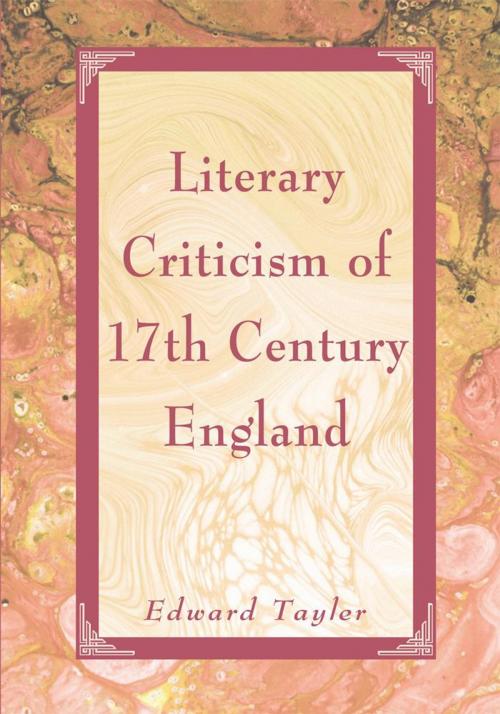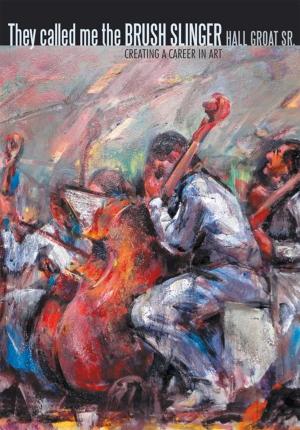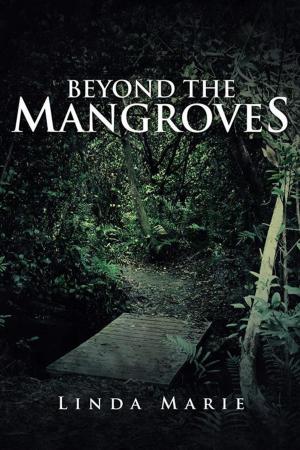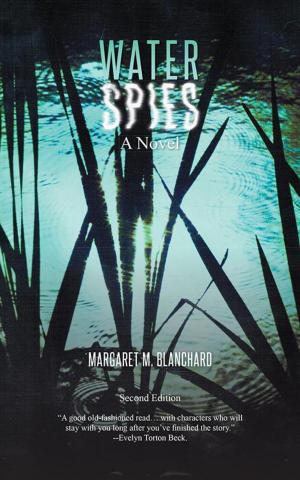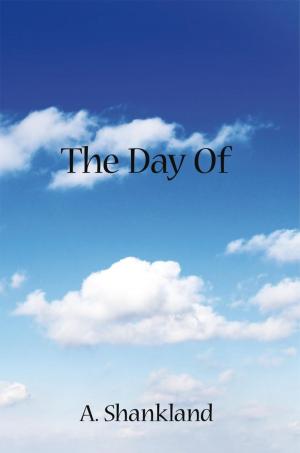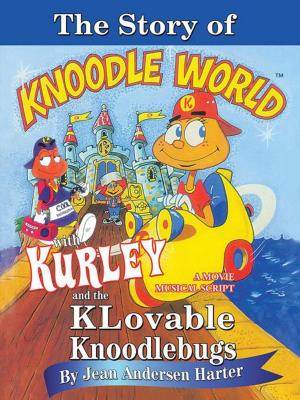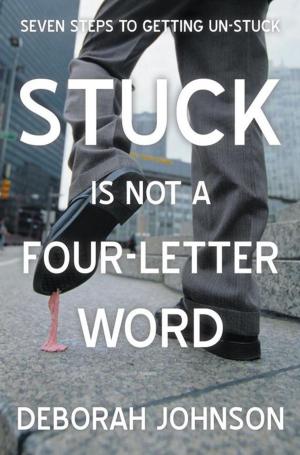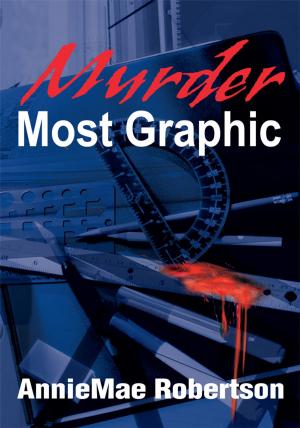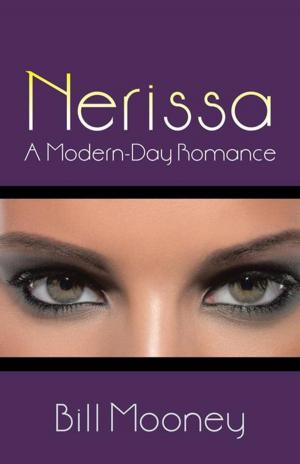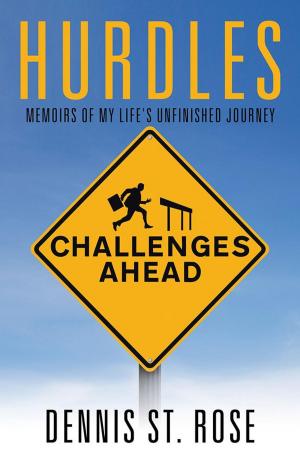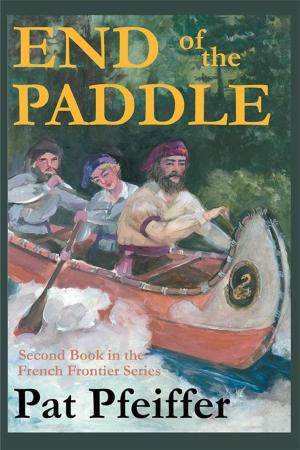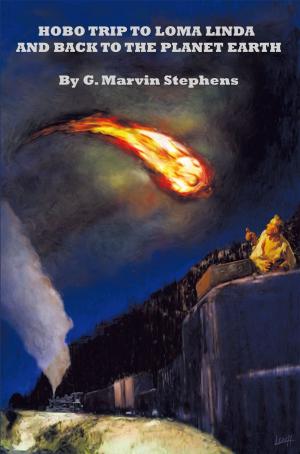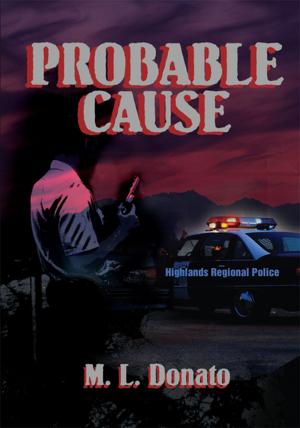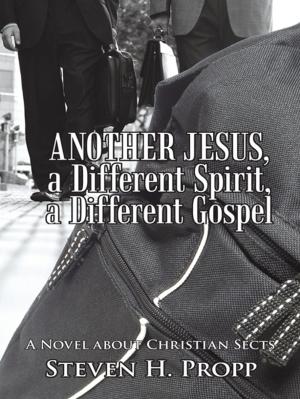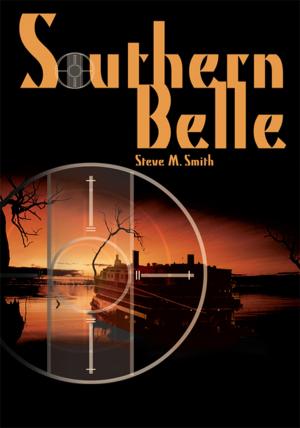Literary Criticism of 17Th Century England
Fiction & Literature, Literary Theory & Criticism, British, Theory| Author: | Edward Tayler | ISBN: | 9781462091539 |
| Publisher: | iUniverse | Publication: | July 7, 2000 |
| Imprint: | iUniverse | Language: | English |
| Author: | Edward Tayler |
| ISBN: | 9781462091539 |
| Publisher: | iUniverse |
| Publication: | July 7, 2000 |
| Imprint: | iUniverse |
| Language: | English |
This collection of writings by English Renaissance poets and essayists includes poems and essays by Ben Jonson, George Chapman and Samuel Daniel. Excerpts from Francis Bacon, John Milton, William Drummond, George Herbert, Andrew Marvell, Abraham Cowley.
The book also surveys the origins, range and development of literary taste and practice in 16th and 17th century England. Then, as now, poets anchored their lines between the poles of tradition and inspiration, loyalty and liberty, art and truth.
Edward W. Tayler is the emeritus Lionel trilling Professor in the Humanities at Columbia University. His other books include Nature and Art in the Renaissance, Milton Poetry, and Donne Idea of a Woman.
p> he selection is excellent?The introduction is most admirable and ?Tayler wisely is generous with explanations and identifications?His most volume supplants Sringarn as THE best collection of seventeenth-century criticism.?/p>
Seventeenth-Century News
Winter 1967
This collection of writings by English Renaissance poets and essayists includes poems and essays by Ben Jonson, George Chapman and Samuel Daniel. Excerpts from Francis Bacon, John Milton, William Drummond, George Herbert, Andrew Marvell, Abraham Cowley.
The book also surveys the origins, range and development of literary taste and practice in 16th and 17th century England. Then, as now, poets anchored their lines between the poles of tradition and inspiration, loyalty and liberty, art and truth.
Edward W. Tayler is the emeritus Lionel trilling Professor in the Humanities at Columbia University. His other books include Nature and Art in the Renaissance, Milton Poetry, and Donne Idea of a Woman.
p> he selection is excellent?The introduction is most admirable and ?Tayler wisely is generous with explanations and identifications?His most volume supplants Sringarn as THE best collection of seventeenth-century criticism.?/p>
Seventeenth-Century News
Winter 1967
